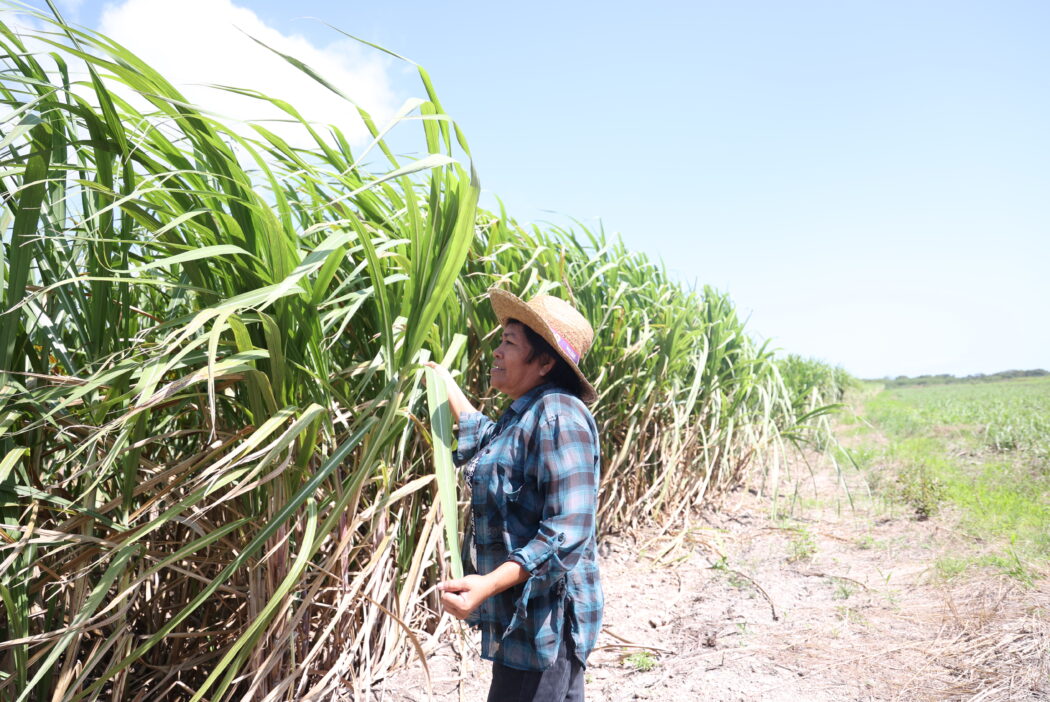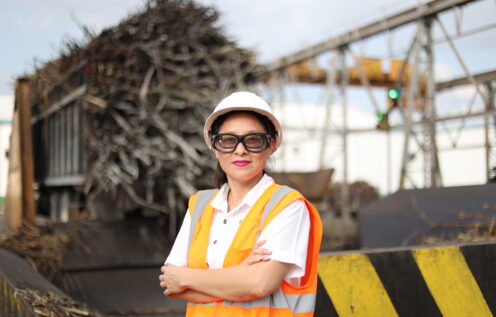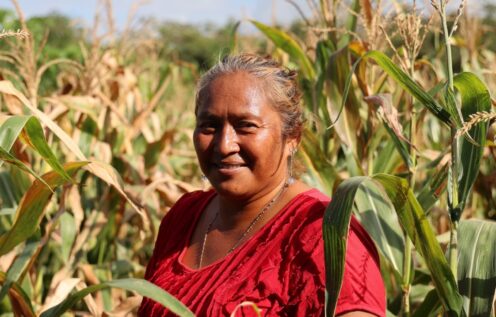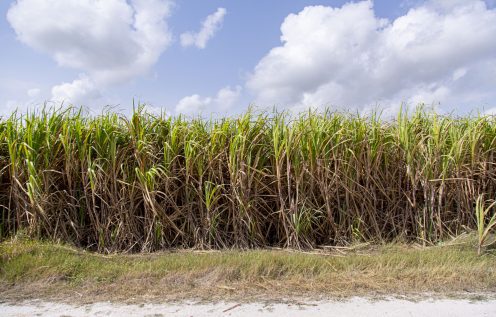14/11/2024 Case study
It is our goal that we will only buy sustainably sourced raw sugar for our Thames Refinery in London.
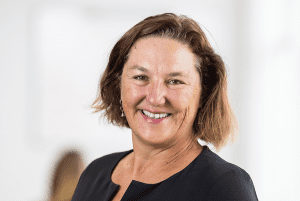
We hear from Julia Clark, Director of Sugar Ethics to explain just what this means.
What do we mean by sustainably sourced?
When we say our goal is to only buy sustainably sourced sugar, we mean that we aim to only purchase raw sugar from suppliers who are independently certified against an internationally recognised sustainability standard.
It’s important when making any claim about our product or processes, that we have objective evidence that what we say is true, so we ask our suppliers to certify against voluntary sustainability standards as evidence that they produce the sugar we purchase sustainably. The voluntary sustainability standards we use include Bonsucro, Fairtrade, Proterra, Sustainable Agriculture Initiative Farm Sustainability Assurance (SAI FSA) and Vive Claim level.
Voluntary sustainability standards such as these set out how organisations must manage their businesses in order to be certified. All of them base their standards on international conventions and protocols which protect human rights, ensure good labour practices, such as workplace safety, equal opportunities, and no child and forced labour; good agricultural practices, regarding soil fertility, water management and efforts to reduce the use of fertilizers and pesticides and protect biodiversity. In some countries these practices are mandated by law and checked by government agencies, but where national frameworks are weaker, these voluntary standards become even more important.
The voluntary sustainability standard organisations like Bonsucro and Fairtrade regularly review and improve their processes and rules. All of these organisations make their standards available online via their websites so that anyone who is interested can take a look.
Assuring our sugar comes from certified suppliers
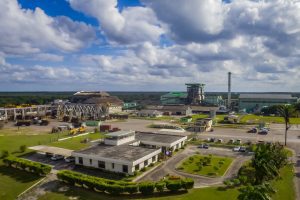
It is also important to explain how the standards’ assurance systems work. Assurance systems are important because they set out how the requirement for being certified is met. When we say we source from certified mills, we mean that the sugar we buy comes from mills that have been assessed by independent auditors and found to be compliant with one of the voluntary sustainability standards mentioned above.
Certified mills need to ensure that the sugarcane they process comes from certified farms that have also been assessed by independent auditors and found to be complaint with sustainability standards. Another important word in the certification dictionary is scope. Scope refers to the area, i.e. of farmland, that is certified.
It is common that not all the farms supplying a certified mill are certified. In a sugar mill it is impossible to physically segregate the sugarcane from one farm with sugarcane from another, so the industry uses a concept called mass balance where it is agreed that, because of mixing in the process, mills record how much sugarcane from certified farms enters the milling process and they only sell an equivalent amount of sugar as certified. Think of paying some cash into a bank account; you know that when you withdraw the money later it will not be the same notes that you paid in, but you trust the bank to have kept accurate records. In our case, the process for controlling this is called the chain of custody. The chain of custody process and mass balance record are also checked by the auditor during the certification process.
We also use mass balance at our Thames Refinery, and our chain of custody processes are checked by independent auditors to ensure that we are selling only the same amount of certified sugar as we buy from certified mills.
Mass balance is an important practical tool because it enables producers who certify to be rewarded. Without mass balance we would need to build new mills or refineries for certified sugar to keep it segregated from un-certified sugar. This this would be such a big financial hurdle it would likely prevent anyone from ever certifying.
Beyond certification
Certification is a really useful tool that we use with suppliers as we progress towards making sure all our suppliers produce the raw cane sugar we buy sustainably, but it’s not the only tool we use.
We have run a rigorous raw sugar ethical sourcing programme for many years which helps suppliers to understand the changes needed to achieve certification. We also use questionnaires, independent audits, and other tools to try to understand the risks in our supply chain, and work with suppliers to resolve any problems we identify. Additionally, any stakeholder who may have concerns about practices in our supplier base can alert us using our grievance mechanism which can be found on our website. We are guided by Section 31 of the United Nations Guiding Principles on Business and Human Rights, which sets out the principles to follow in the event of such an alert.
We are serious about meeting our goal to only buy raw sugar that has been certified against an internationally recognised sustainability standard. However, while we aim for success, we have to plan for all eventualities and maintain an option in case there is not sufficient volume of certified sugar in the market to meet our needs. As a result, we are open and transparent that we may have to purchase from uncertified suppliers, but only those that have participated in our rigorous ethical sourcing and independent audit programme, and any sugar bought from these suppliers will be paired with Bonsucro credits to support producers to improve the sustainability of their operations.
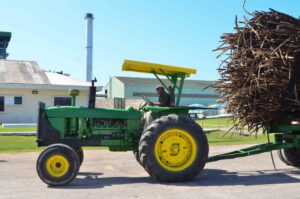
We want to ensure our supply chain is free of any risk of poor practice; but if we are trying to have a positive impact on the world, it is important to try not to leave behind producers and especially smallholder farmers. We support smallholders in Belize, Eswatini, Fiji and Paraguay through Fairtrade, which is a sustainability certification standard specially adapted to help smallholders, and provides funds in the form of Fairtrade Premium which can be used to make impactful changes for local communities. The Bonsucro Impact Fund uses income from the Bonsucro Credit Trading Platform, to which we contribute, to support projects that address sustainability challenges in sugarcane production outside of certification.
We have committed to report our achievements against our target to only buy certified raw sugar in our annual sustainability report.
